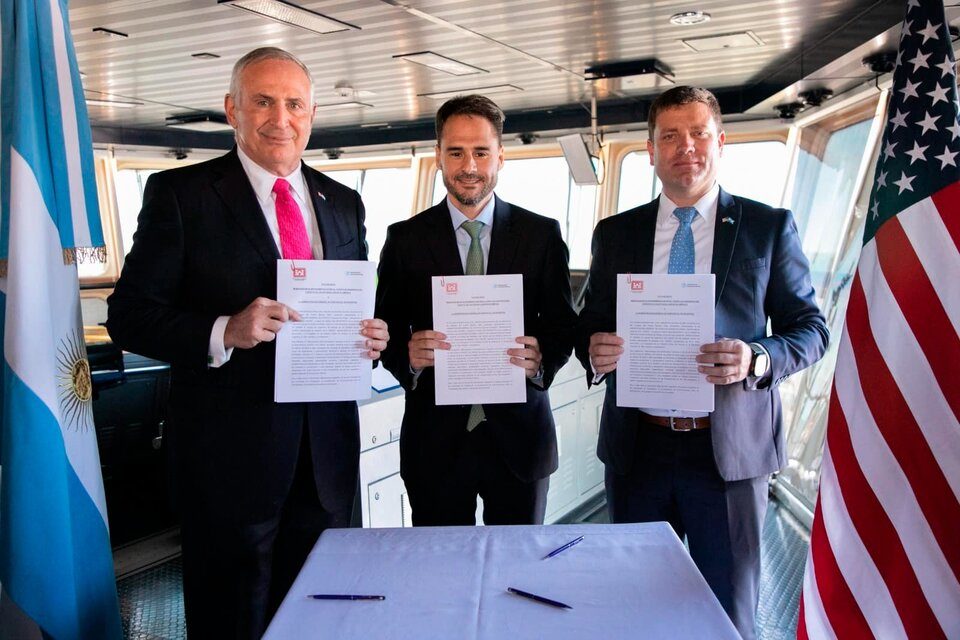troops (maybe)
In a platitude-ridden joint statement, the sides said that they had cemented a process of joint collaboration in the exchange of information and management of the waterway:
“Our countries recognize the shared goals of ensuring efficient and transparent waterway port operations amid evolving environmental dynamics, including the realities of climate change and the need for enhanced security measures to combat illicit activities in waterway operations.”
Most importantly, the agreement allows for US military presence along the length and breadth of Argentina’s most important river route, upon which roughly 80% of all its agricultural exports, including grains and oils, travel.
...drug stuff
“We are going to ask the justice system for exceptional measures,” Bullrich said, “to meet the imposing challenges we face, to work against terrorist narco-criminals.”
After meeting with the Salvadorian president at a summit in Washington in February, Bullrich said the Milei government “is interested in adapting Nayib Bukele’s model,” which for the past few years has returned some sense of order to El Salavador’s streets. But in a telephone call with Bullrich last week, Bukele’s security minister, Gustavo Villatoro, warned that they are applying the model the wrong way round.
....about economy
Even the US economist Steve Hanke, an early supporter of Milei’s campaign and firm proponent of dollarisation of the Argentine economy, has described Milei’s policies as “financial engineering, kicking the can down the road and trying to put in place what really is just a plain vanilla standard IMF [International Monetary Fund] program.” On steroids. These programs, he said, “just don’t work and have a history of not working.” Which is true. Not only that, they also have a habit of visiting untold economic pain and destruction on the country’s poorer and middle classes.
Just as in 2001-02, public anger and desperation are rapidly rising in Argentina as economic conditions deteriorate. That anger could explode at any time. Which is why the government’s decision to adopt such a hardline security protocol so early into its mandate is so ominous. As the article in La Jornada notes, the term “terrorism” can, and often is, used to justify political and social repression, whether against political protestors, striking workers or indigenous Mapuche groups claiming historic land rights in Patagonia. No less ominous is the government’s decision to invite the US armed forces in to help manage Argentina’s busiest waterway.


